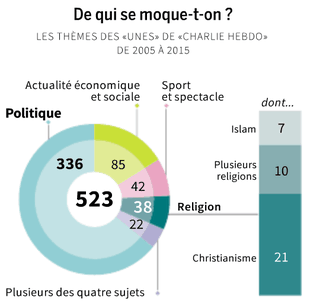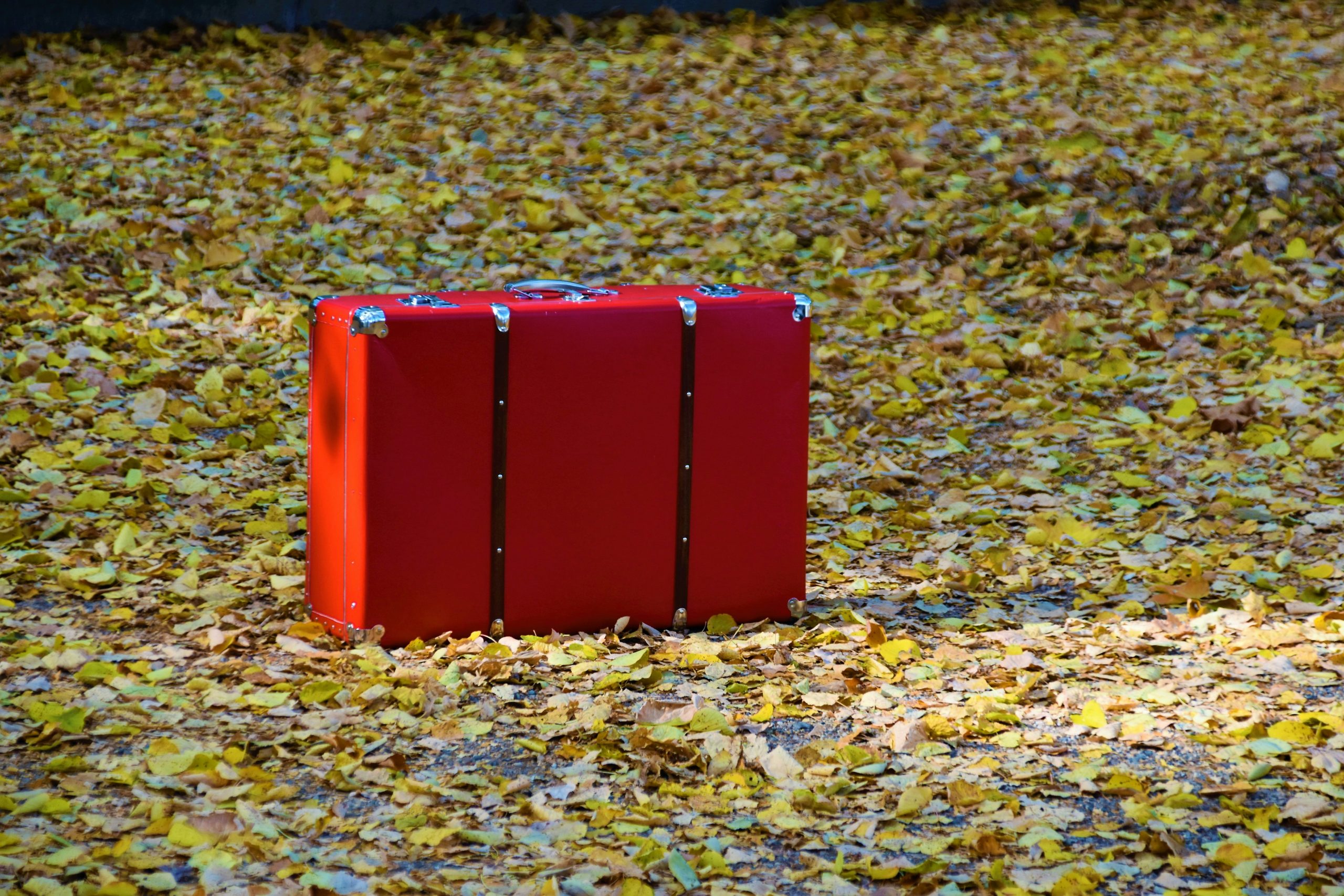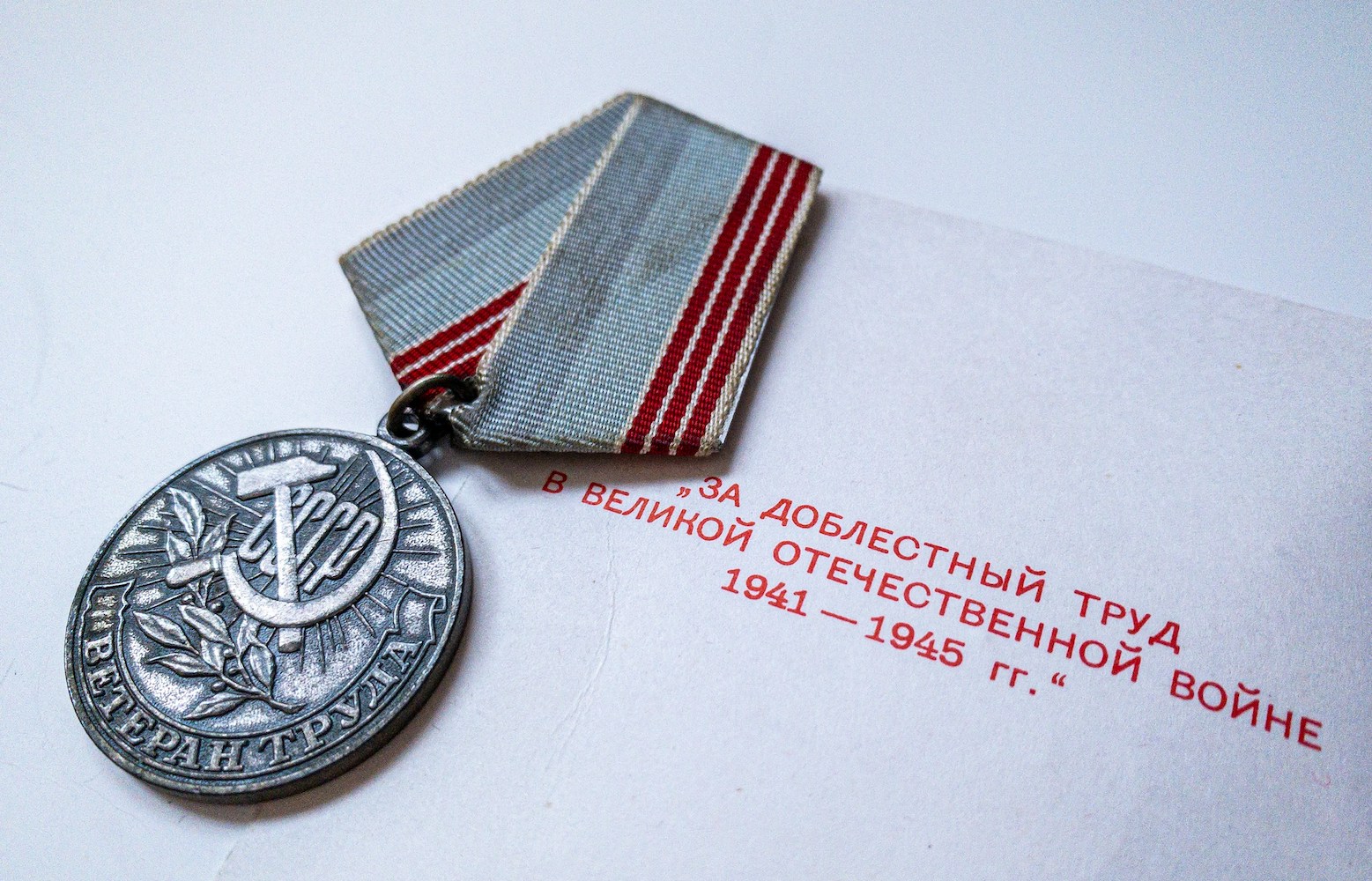news
Spiegelman, Bechdel, and Gaiman Among Those Replacing PEN 6 After Charlie Hebdo Protest

For the last week, the literary world has been embroiled in an at times bitter, at times illuminating controversy over the PEN America Center’s decision to give Charlie Hebdo a “courage” award at tomorrow’s annual gala. It started with six of the table hosts for the swanky gala publicly removing themselves. The six authors were Teju Cole, Rachel Kushner, Michael Ondaatje, Francine Prose, Peter Carey, and Taiye Selasi. (Boris Kachka has a good article on how this whole protest went down if you want to know more.) Many more PEN members (and non-members), including Junot Diaz and Lorrie Moore, signed a protest letter.
Although those names include many heavy-weights, they have been opposed by equally celebrated writers defending the award. And this weekend, the six withdrawing table hosts were replaced by Art Spiegelman, Alison Bechdel, Azar Nafisi, Alain Mabanckou, George Packer, and Neil Gaiman. (Spiegelman, Bechdel, and Gaiman all have comic backgrounds; Nafisi is Iranian and lived in Europe; Mabanckou is a Congolese-French novelist.)
Gaiman said this to the Times:
The Charlie Hebdo PEN award is for courage. The courage to work after the 2011 firebombing of the offices, the courage to put out their magazine in the face of murder. If we cannot applaud that, then we might as well go home…I’ll be proud to host a table on Tuesday night.
British-Iranian journalist Christiane Amanpour also weighed in this weekend on the award:
I am sure I was among many people who were puzzled and dismayed by the 6 PEN writers who have pulled out of next week’s Gala because of the award going to Charlie Hebdo. I am very glad to know that American PEN is standing up for what’s right by going ahead with the award, and as such I am glad I am still able to make available my video-taped contribution to the Gala, on behalf of one of our jailed colleagues, Khadija Ismayilova of Azarbaijan.
Amanpour went on to cite a Le Monde study showing that Charlie Hebdo did not focus on Islam nearly as much as many North Americans think.

(The above chart shows the targets of Charlie Hebdo covers over the last 10 years. Of 523 covers, only 38 targeted religion and of those 7 targeted Islam.)
Of course, only having 1% of your coverage be about Islam doesn’t mean that those handful of cartoons aren’t problematic, offensive, or racist.
In general, what has been frustrating about the Charlie Hebdo discussion is that most North Americans simply do not have the proper context to understand the cartoons whether they are praising or condemning them. Satire depends on cultural and political contexts and references, and different countries develop different visual languages for comics. (And most of the people protesting or think piecing seem to openly admit never having read an issue of Charlie Hebdo anyway.) Far too many people seem willing to either celebrate or damn Charlie Hebdo without even bothering to translate the few cartoons they’ve seen.
The PEN gala is tomorrow, and there are rumors of other protests planned, so there will likely be more think piecing and commentary served up this week.









